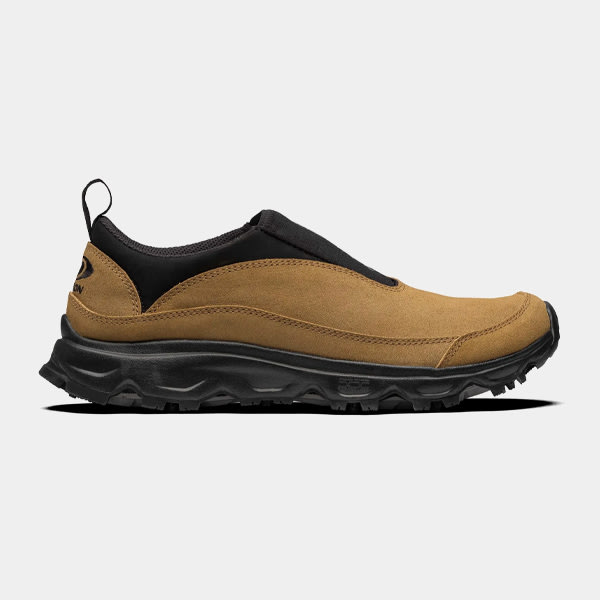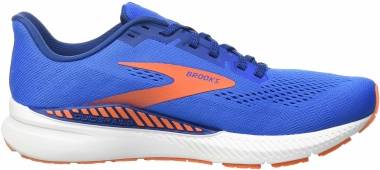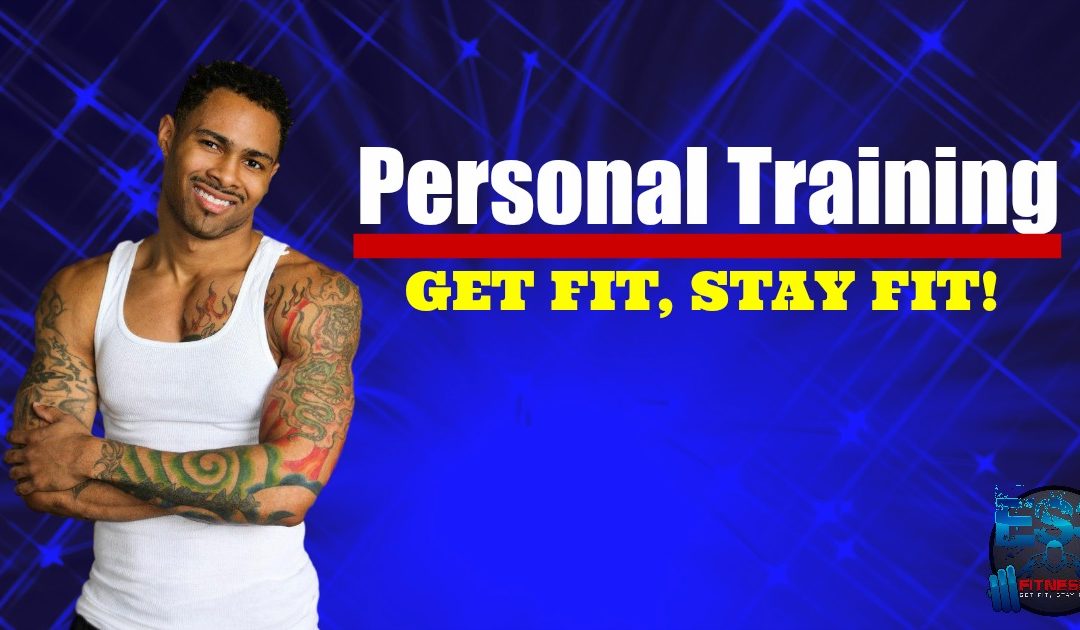
It's possible to wonder how much you could earn as a Columbus, OH personal trainer. Start by checking out the average salary of personal trainers in the area. Consider the various career options for personal trainers.
Average salary for a personal trainer in Columbus, OH
The average salary for a personal coach in Columbus, OH is $58,107 annually or $28 an hour. The salaries range from $42,070 to $69.670. The most common educational background of a personal trainer, is a Bachelor's degree. ERI's compensation surveys are used to calculate the salary for this career. Cost of living data are derived from commercially available housing data and effective income tax rates.
The salary of a personal coach will vary depending on the experience and the location. A personal trainer who has been certified will earn more than one without it. But a Columbus, OH personal trainer will earn more than someone without certification if they work in a high-demand location. High-end gyms and performance-based exercise centers have higher-paying clients, and trainers there make more.

A certification program is required to become a Columbus personal trainer. To determine the best exercise program for clients, you will need to take client questionnaires.
Personal trainers in Columbus, OH have the potential to make a living.
Personal trainers assist clients in improving their fitness levels. Some work with professional athletes, while others focus on non-athletes. The trainers create exercise programs and ensure proper equipment use. They also build rapport with clients and provide fitness evaluations. There are many opportunities to earn as a Columbus personal trainee.
Columbus is a large city with more than 800k people. There are not as many jobs as in larger cities but there are plenty of personal trainer positions which pay higher than the national average. Personal trainer salaries in Ohio average $58,125 a year, which is less than the national average of $61,800.
Columbus-based personal trainers can pursue post-secondary training. Employers won't hire personal trainers who are not certified. Candidates with national certifications are more likely to be hired.

Career options as a personal trainer
There are many career options for personal trainers in Columbus. You can work as a personal trainer in a gym on your own or consult with other fitness professionals. You have the option to concentrate on niche building or marketing. The latter requires little or no physical presence and can be done remotely through messaging apps or live video streams.
Personal trainers are most likely to have a relevant college education. It is a good foundation in fitness promotion and theoretical knowledge. There are many colleges and universities that offer these programs. You can also take online courses if your schedule is tight. Additionally, each personal training organization has its own requirements, so you should check to make sure you have what you need to meet their standards.
Dean plans on pursuing a master's program in a related field after receiving a Bachelor in Science in Physical Activity Coaching from Ohio University. He is passionately interested in working with fitness fans and enjoys teaching clients about good nutrition and body composition. The American Council on Exercise has certified him as a personal trainer.
FAQ
Which is more important: Exercise, diet, or sleep?
This depends on what you're trying to achieve. The most important thing to do if you are looking to lose weight is diet. To build muscle mass, exercise is crucial. The last factor is sleep, which only impacts how well you perform during your day.
How can exercise and nutrition help you live a healthier life?
Exercise helps you to stay healthy, lose weight, gain muscle mass, and reduce stress. Nutrition is important for energy, sleep, mood, and overall health. Eat less meat, limit alcohol consumption, avoid smoking, exercise regularly, and reduce your risk of dying.
Do I need to drink alcohol while working out?
Drinking alcohol is high in calories so it's best to not consume too much while working out. Moderate alcohol consumption (one drink per week) can help increase endurance during training. It may also reduce fatigue from exercise and muscle aches.
Is it safe and legal to exercise in cold conditions?
Outside exercise is encouraged whenever possible. You can exercise outside regardless of the weather. Other factors include visibility, humidity, precipitation and wind speed. If you exercise outdoors in inclement weather, wear layers of clothing that protect you from wind chill and rain.
Are there any exercises that I shouldn't do or should I?
Before beginning any new workout program, consult your doctor. Some people are unable to exercise due to injuries. Some activities also require special equipment. Swimming, for instance, requires both a swimsuit as well as access to the pool.
What happens if I don't get enough sleep?
If you don't get enough sleep, your brain doesn't receive the signals needed to regulate hormones and chemicals in regulating appetite and metabolism. As a result, your body may become more hungry and can gain weight. You may also feel stressed, which can lead you to overeating.
How many hours of sleep should you get each night?
The recommended sleep hours vary based on gender, age and individual needs. Adults need between 7 to 9 hours sleep each night. Children and teenagers need 10 to 12 hours of sleep per night. As they age, however, this number falls.
Statistics
- Globally, 28% of adults aged 18 and over were not active enough in 2016 (men 23% and women 32%). (who.int)
- Adolescent girls were less active than adolescent boys, with 85% vs. 78% not meeting WHO recommendations of at least 60 minutes of moderate to vigorous intensity physical activity per day. (who.int)
- In high-income countries, 26% of men and 35% of women were insufficiently physically active, as compared to 12% of men and 24% of women in low-income countries. (who.int)
- Physical activity confers the following maternal and fetal health benefits: a decreased risk of pre-eclampsia, gestational hypertension, gestational diabetes (for example, 30% reduction in risk) (who.int)
External Links
How To
How to stay fit during pregnancy
Your body goes through many changes when you get pregnant. You experience a slowing of your metabolism and a decrease in food intake as you grow a child inside. Lack of sleep could make you feel sick. But there are ways you can keep yourself healthy while still enjoying this exciting time in your life!
Before beginning any exercise program, consult your doctor. They can tell you what exercises you should avoid and which ones are safe for you to do. The second is to eat well throughout pregnancy. This includes eating plenty protein, fiber, iron. Third, try to drink lots of fluids. It's especially important to drink water when you're exercising since you lose a lot of fluid through sweat. Take care of your feet. You should always keep your feet dry, and wear shoes that provide support. Take small bites of toast or crackers if morning sickness is a problem. If you do not eat something small, you might feel nauseated.
-
Healthy eating habits are important. A healthy diet is vital throughout pregnancy.
-
Stay active. Get active for at least 30 minutes each day.
-
Maintain a healthy weight By eating smaller meals and snacks, you can lose weight.
-
Get Enough Sleep. You should aim for 7-9 hours sleep every night.
-
Manage Stress. Learn relaxation techniques.
-
Avoid Alcohol. It may lead to miscarriage and birth defects.
-
Be kind to yourself. Be gentle with yourself.
-
Take Care of Yourself. You can have someone look in on you if necessary.
-
Relax. Do things that make YOU happy.